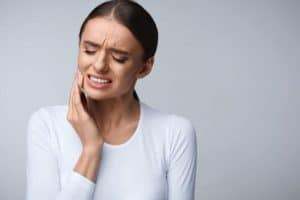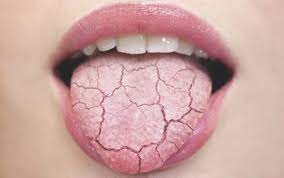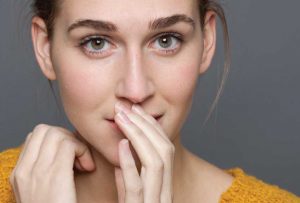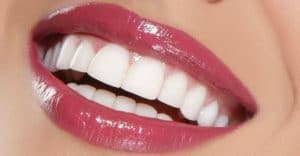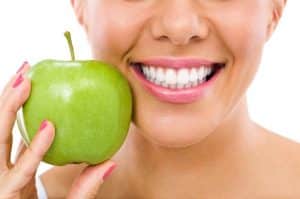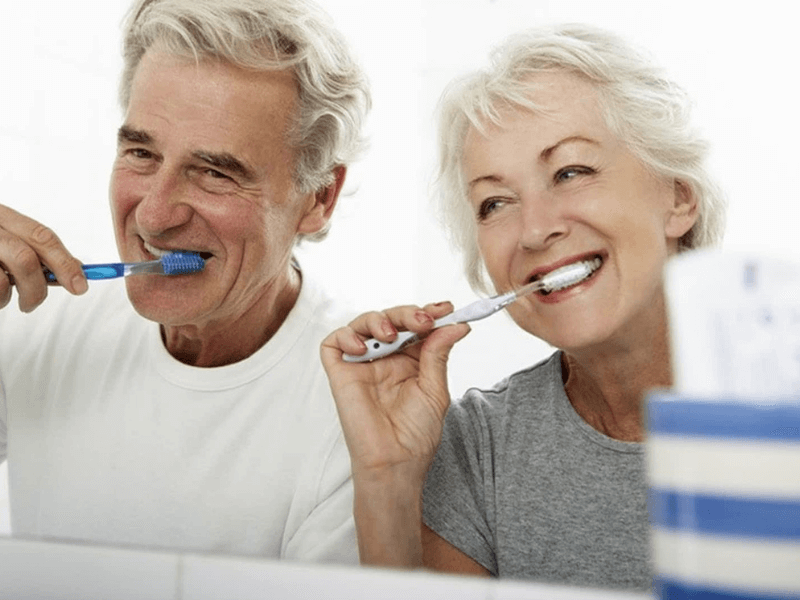
Oral health greatly impacts the quality of life, general health, and well-being of elderly individuals. Dental care for older people is important and slightly different. Older persons are more likely to develop tooth loss, decay (dental caries), gum disease (periodontitis), dry mouth (xerostomia), and oral malignancies. Elderly individuals may not see a dentist regularly.
However, they do engage with a variety of healthcare professionals. Who oversees screening and monitoring their health and aiding with personal care? In this article, we will inform you about what older people should focus on in their dental care.
How to Dental Care for Older People?
Dentures are referred to as “fake teeth.” They can replace all of your teeth (full denture) or just a few of them (partial denture) (partial denture). If you require dentures, your dentist will take impressions of your mouth and measure them. You should treat your dentures the same way you would your natural teeth. It’s also crucial to look for your gums. Before putting in your dentures, you or your caretaker should clean your gums, tongue, and roof of your mouth with a soft-bristled brush every day. Make it a habit dental care for older people to visit the dentist regularly.
Moreover, using a toothbrush is also important for dental care for older people. Because they can’t comfortably handle the toothbrush, older persons with arthritis sometimes have difficulty cleaning their teeth. They may have stiff, uncomfortable, or weak hands and fingers. Specially designed toothbrushes, toothpaste dispensers, and floss holders may be available for dental care for older people. If you or someone you care for bleeds easily, your doctor may prescribe a soft-bristle toothbrush. Bleeding can occur due to a medical condition or as a side effect of some medications. If you or someone you care for has sensitive teeth, a toothpaste for sensitive teeth may be beneficial.
Dental Problems for Older People
Older people need dental care because ageing causes more dental health problems.
Tooth decay may strike people of all ages. On the other hand, wear and tear from years of use can erode the enamel of older individuals’ teeth. Cavities are more likely to occur as a result of this. Gum recession, on the other hand, exposes the root surfaces, increasing the possibility of root deterioration. Using fluoride toothpaste to effectively clean the gums, teeth, and exposed root surfaces will eliminate dental plaque and food debris.
Moreover, if dental care for older people is not done properly, gum disease may occur. Gum is a serious infection that affects the bone and tissues surrounding the teeth. Gum disease affects nearly 2 out of every 3 persons aged 65 and above, according to the CDC. Gingivitis is the first sign of swollen, red, or bleeding gums. On the other hand, periodontitis causes tissues to recede, bone to wear away, and teeth to loosen or fall out. You may cure the symptoms of gingivitis with the help of your dentist before they progress to more serious issues.
It is not always the case that as you get older, your mouth becomes dry. However, certain aspects of ageing, such as drugs or chronic illnesses, might increase your risk of dry mouth. A dry mouth is also associated with a higher risk of cavities if dental care for older people is not done right. Your dentist can suggest ways to keep your mouth moist. You can also work with your doctor to find a drug or dose that doesn’t dry out your saliva.
Tooth sensitivity might develop as you age due to gum recession and weaker enamel. Try an anti-sensitivity toothpaste if you’re sensitive to hot, cold, sweet, or sour meals. If the sensitivity persists, consult your dentist since it might indicate a more serious disease, such as a cavity or a cracked tooth.
People over the age of 40 are more likely to get oral cancer. Treatment, on the other hand, is most effective before the disease spreads. Regular dental check-ups can help your dentist test for oral cancer, even though discomfort is not generally an early indicator of the illness. Even if you no longer have natural teeth, you should visit your dentist for regular oral cancer screenings.
Conclusion
As a result of these dental issues, you may discover that your teeth require more treatment as you get older. Your dental specialists can give customized advice for caring for your teeth and mouth based on your oral care needs. Proper oral hygiene and seeing your dentist regularly will help you maintain a beautiful and healthy smile. Moreover, adjusting your regimen as your body changes will help you maintain a beautiful smile for the rest of your life.
At Smile Team Turkey, we can help you maintain your beautiful and healthy smile. We provide dental implants, dental crowns and smile makeovers, as well as veneers in Turkey. Our professionals can help you with dental care for older people. Because a healthy smile looks wonderful at any age, you and your dentist may work together to help avoid oral health concerns by knowing the dental risks of ageing.
You can read our previous post at https://smileteamturkey.com/blog/bad-breath-symptoms-causes/
